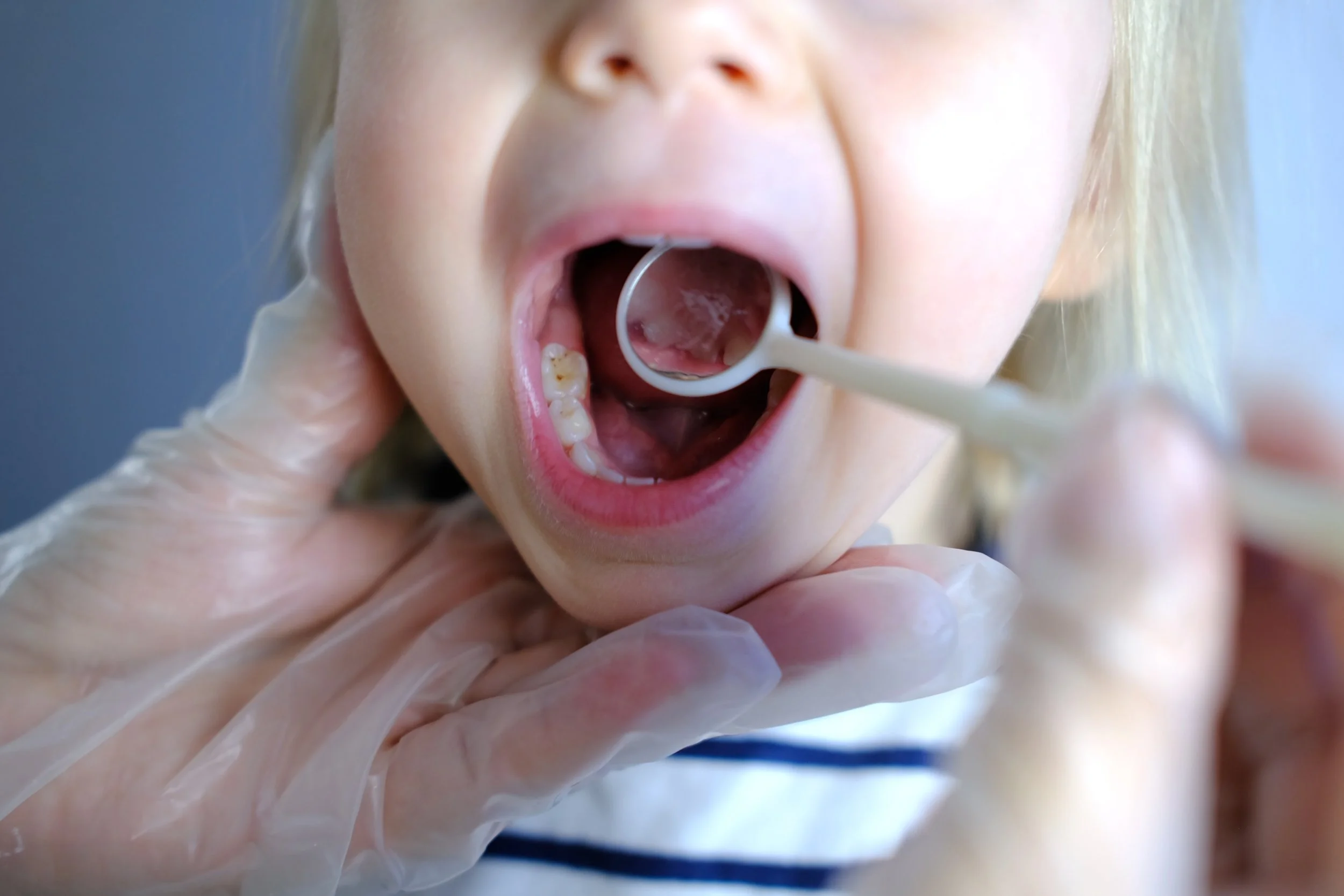Baby's First Toothache: When Can Newborns Get Cavities?
I often hear surprised reactions from parents when I mention the possibility of cavities in babies. "But they don't even have many teeth yet!" is a common response. While it may seem counterintuitive, the truth is that even before all those first tiny teeth emerge, cavities can still be a concern. Today, let's explore when babies can develop cavities and why it's crucial to be proactive about their oral health from the very beginning.
Believe it or not, tooth decay can occur in infants, and it's often referred to as "baby bottle tooth decay" or "early childhood caries." This condition typically occurs when sugary liquids, such as formula, milk, or fruit juice, are left in contact with an infant's teeth for extended periods, particularly during naps or bedtime. Bacteria in the mouth feed on these sugars, producing acids that attack the enamel of the teeth, leading to decay.
So, when can this happen? Surprisingly early! Babies who fall asleep while nursing or bottle-feeding with milk or formula in their mouth are at a higher risk of developing cavities.
Furthermore, the transmission of bacteria from caregivers to infants can also play a role in early childhood caries. For example, sharing eating utensils with a baby or cleaning a pacifier with your mouth can transfer cavity-causing bacteria to their mouth, increasing their risk of decay.
Now, you might be wondering, "Why is it such a big deal if baby teeth are just going to fall out anyway?" While it's true that baby teeth are temporary, they play a crucial role in a child's development. Baby teeth help with chewing, speech development, and proper alignment of the permanent teeth. Premature loss of baby teeth due to decay can lead to issues such as difficulty eating, speech problems, and misalignment of permanent teeth.
Moreover, the presence of cavities in baby teeth can cause pain and discomfort for infants, leading to irritability, difficulty sleeping, and poor feeding habits. Untreated cavities can also progress and affect the underlying primary teeth, gums, and even the development of permanent teeth.
So, what can parents do to prevent cavities in newborns and young infants? Here are a few tips:
Practice good oral hygiene: Even before teeth erupt, gently wipe your baby's gums with a clean, damp cloth after feedings to remove bacteria and sugars.
Limit sugary substances: Avoid putting babies to bed with bottles filled with sugary liquids. Stick to water for nighttime feedings. Clean teeth after drinking milk.
Monitor pacifier use: Avoid dipping pacifiers in sugary substances or cleaning them with your mouth. Keep pacifiers clean and limit their use to prevent the transfer of bacteria.
Schedule the first dental visit: As recommended by the American Academy of Pediatric Dentistry, schedule your child's first dental visit by their first birthday or within six months after their first tooth appears. Early dental visits allow for early detection and prevention of dental problems.
By being proactive about your baby's oral health from the start, you can help prevent cavities and set the stage for a lifetime of healthy smiles. Remember, it's never too early to start practicing good oral hygiene habits. Your child's smile will thank you for it!
Kids Dental Spot is a dental office focused providing services to pediatric patients in Anaheim, California serving kids, children, infants and adolescents in the heart of Orange County serving nearby neighborhoods, such as: Fullerton, Brea, Garden Grove, Santa Ana, Buena Park, Placentia, and Orange.
Written and Medically Reviewed by Dr. Atiya Bahmanyar, DDS (Board Certified - Doctorate of Dental Surgery)


